EU exporters oppose the fact that rising emission costs make products more expensive. The EU announced that it intends to provide the necessary assistance to help them manage the effects of the CBAM. The considered options and support expected to be included in next year's renewal of the regulations, with the planned changes to be presented in 2026.
Gerasimos Thomas stated that maintaining the competitiveness of the European industry in the energy transition is a priority in Ursula von der Leyen's second term. Emphasizing that the EU must solve the problem quickly, Thomas stated that all options remain under consideration. The mechanism previously proposed by European legislators to provide support to EU exporters was rejected due to concerns that it could violate World Trade Organization (WTO) rules.
SteelRadar sources stated that the European Union's Carbon Border Adjustment Mechanism (CBAM) creates both opportunities and significant risks for the European steel industry. While CBAM's potential to increase sustainability is emphasized, high costs and potential tensions in international trade are also a concern. In contrast to Northern Europe, steelmakers and processing plants in import-dependent Central, Eastern, Western, and Southern Europe are showing strong opposition to CBAM. Sources emphasize the negative impact of CBAM's complex structure, risks of errors, and competition concerns on companies in these regions.
The CBAM's success will depend on the effectiveness of its implementation, national policies, and the widespread adoption of global green manufacturing practices. Analysts state that the European steel industry is at a major milestone in terms of both competitiveness and sustainability; and that it is essential for EU authorities to develop fair and comprehensive policies to balance the balance between regions.
The EU plans to announce incentives for countries that take measures to minimize the environmental impact of carbon-intensive sectors covered by the CBA in the US and other countries towards the end of 2025. The Director-General for Taxation and Customs Affairs of the European Commission emphasized that the regulation is not to be abused, but a system to incentivize countries that reduce the environmental impact in carbon-intensive sectors is to be established.


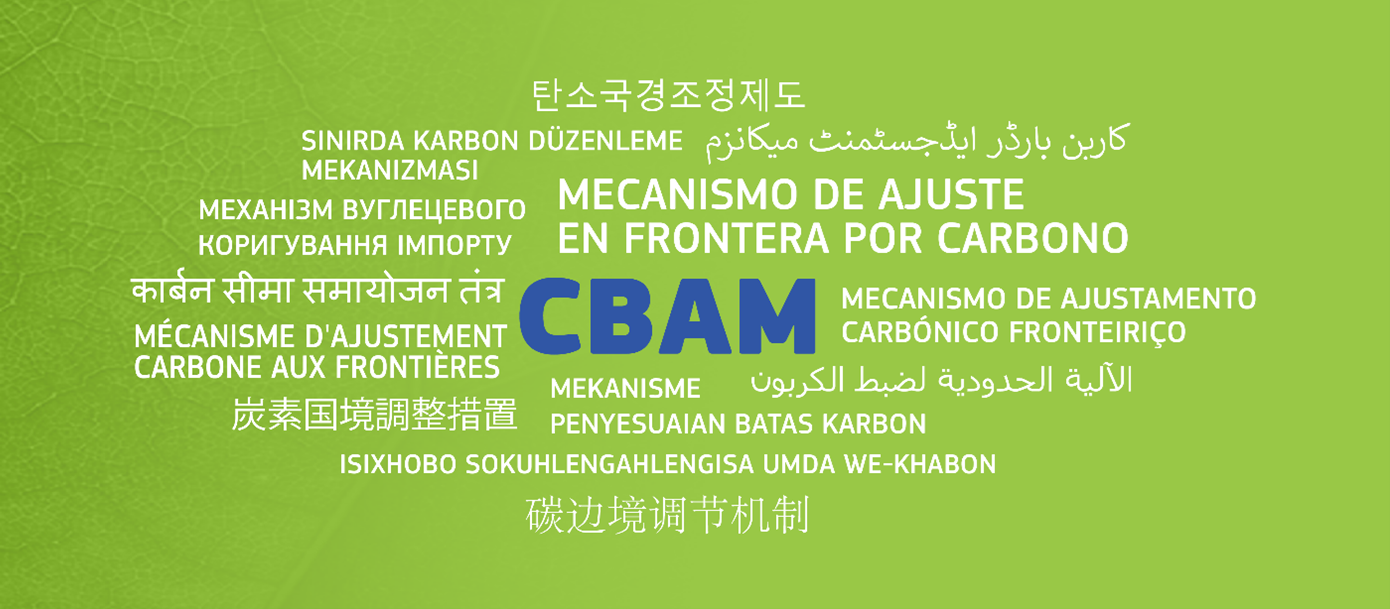


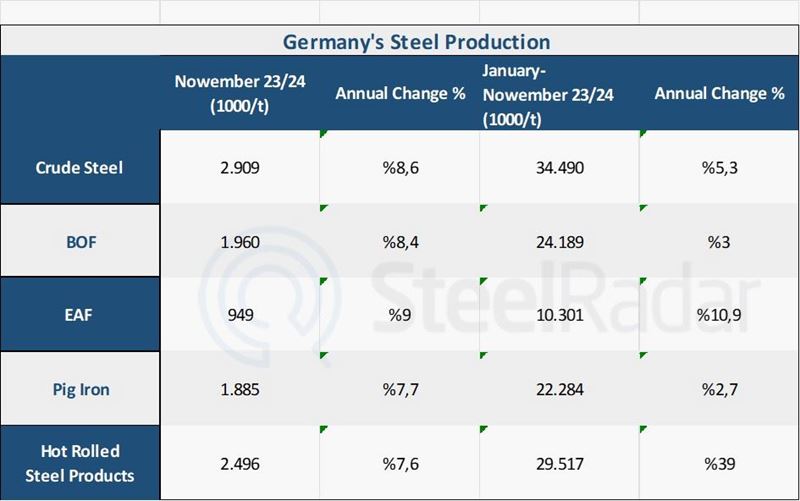
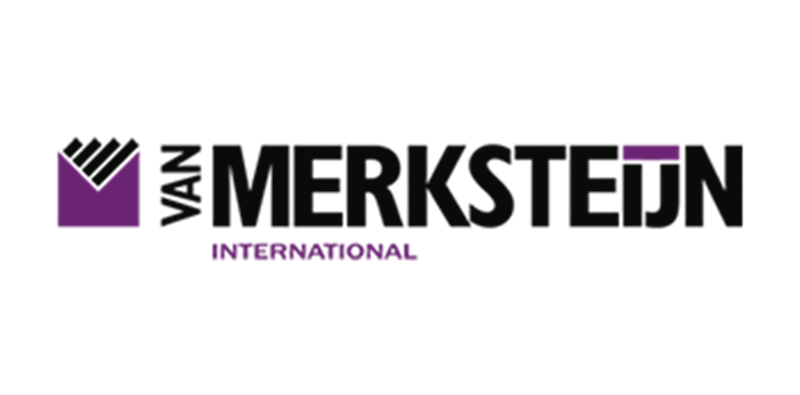

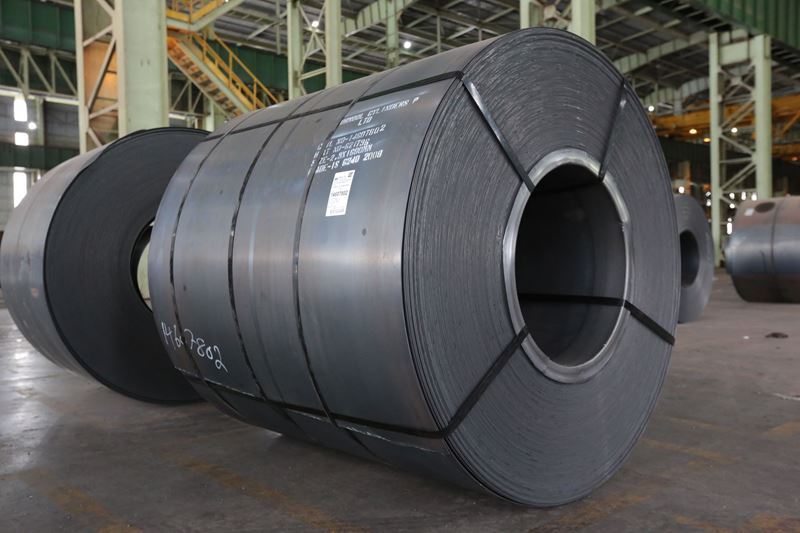
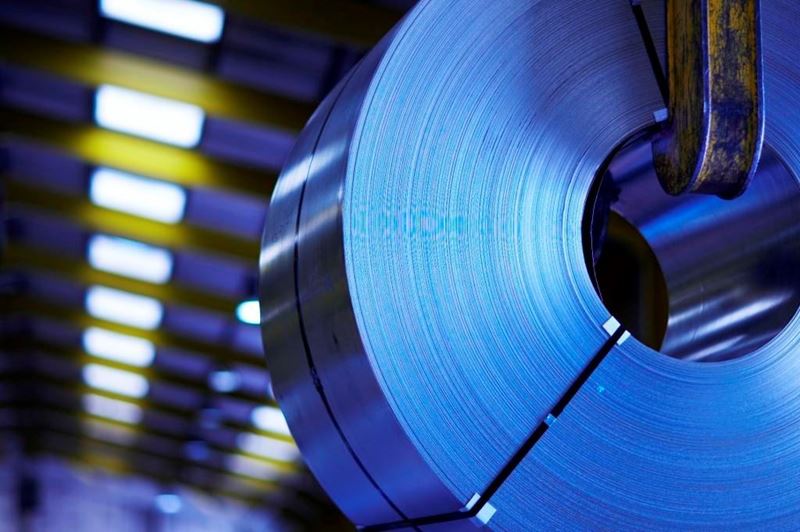

Comments
No comment yet.